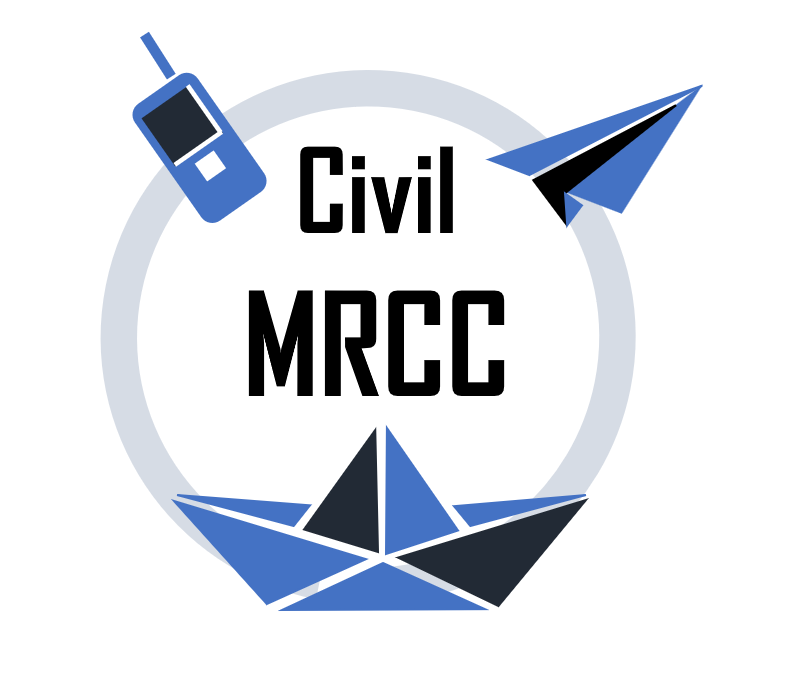After the collective protests in December 2022 in front of the headquarters of the UNHCR in Geneva, Refugees in Libya and the support alliance mobilized for the end of June 2023 to the European capital. “From Tripoli to Brussels – amplifying the voices of Refugees in Libya” was the title of four days of meetings and camping, of lobbying and demonstrating.

Protest in Brussels, July 2023. Photo: Solidarity with Refugees in Libya
It started on the 28th of June with an exchange meeting with self-organised local actors from Brussels, mainly collectives of Sans Papiers, who are struggling for their right to stay and for housing. A women’s collective was also present, and they finally joined the demonstration a few days later with strong speeches and slogans.
The 2nd day of 29th of June was characterized by a press conference inside the European Parliament and lobbying talks with parliamentarians. David Yambio (spokesperson of Refugees in Libya), Hela Kanakane (from Alarm Phone Tunis and on behalf of Refugees in Tunisia) and Moctar Nalosso (from Alarm Phone Sahara in Niger) were criticizing the European policy of externalization and the subsequent increase in violations of refugee rights in Libya, Tunisia, and Niger. David Yambio demanded again the release of his imprisoned comrades in Ain-Zara and of all refugees in all the detention centres in Libya. The press conference was followed by a meeting with MEPs belonging to the “The Left” fraction, in which the dehumanizing living conditions of people on the move were outlined with videos about the situation in Libya and in Niger.
The 3rd day was dedicated to a “counter summit” in reference to the official EU council summit, which also discussed the migration pact, including the deportations to so-called third safe countries (like Tunisia). The conference opened with a plenary, in which the history of the movement was shown, and the participants introduced themselves. Shortly after, the activists split into three simultaneous workshops on different topics: “Refugees in Libya: how to improve support for individuals”, “UNFAIR campaign – how to continue?” and “From North Africa to Niger: how to connect the struggles”. In the afternoon, the second workshop session focussed on the topics of “The role of externalisation” and “Legal work in Libya”. The day was concluded with the screening “Libya, No Escape From Hell” and a discussion with the director of the film, Sara Creta.
The last day, 1st of July, started with the closing assembly in which the content of each workshop was summarized and concluded with a rally, joined by local movements of migrants and Sans Papiers. The demonstration with about 150 participants crossed the capital of the European Union, passing the headquarters of its institutions and the offices of the executors of the brutalization of migration policies: the Council of the EU, the Commission, Parliament, UNHCR, IOM, Frontex, ICMPD.
The Release of the Comrades, who were imprisoned in Ain-Zara since January 2021
On 30th of June, at the end of the counter-summit, the hoped-for news already arrived at the transnationally composed conference: Officials from UNHCR Libya had surprisingly visited the centre of Ain-Zara with an assessment on the detainees as a starting point for a release process. It was hard to believe, and at first it remained unclear, under which conditions the release should happen. But in the days after it became clear. Agreements have been signed, in which the conditions and methods of release were fixed: transfer to an urban area, financial assistance (in the form of cash and credit cards) for the accommodation and the purchase of non-food items, individual medical interventions based on specific needs.
On 11 July 2023, after more than 500 days of living in dehumanizing conditions, 74 people found their freedom again. It was the first of two more groups, who were released in the following two days.
The joy of seeing the comrades free was great, and obviously the courage of the representatives of Refugees in Libya and the supporting activities of the solidarity network and the UNFAIR-campaign had an impact. But concerns for the future of the released remain until they are evacuated. Today they are in a similar condition as they were a year and a half ago. Most of them come from Sudan, a country once again plagued by civil war. Libya is still a hell. More than 20,000 people are held in its official and unofficial detention centers.
The closure of all concentration camps and the evacuation to safe countries remains imperative. The fight will go on!
By Solidarity group with Refugees in Libya



